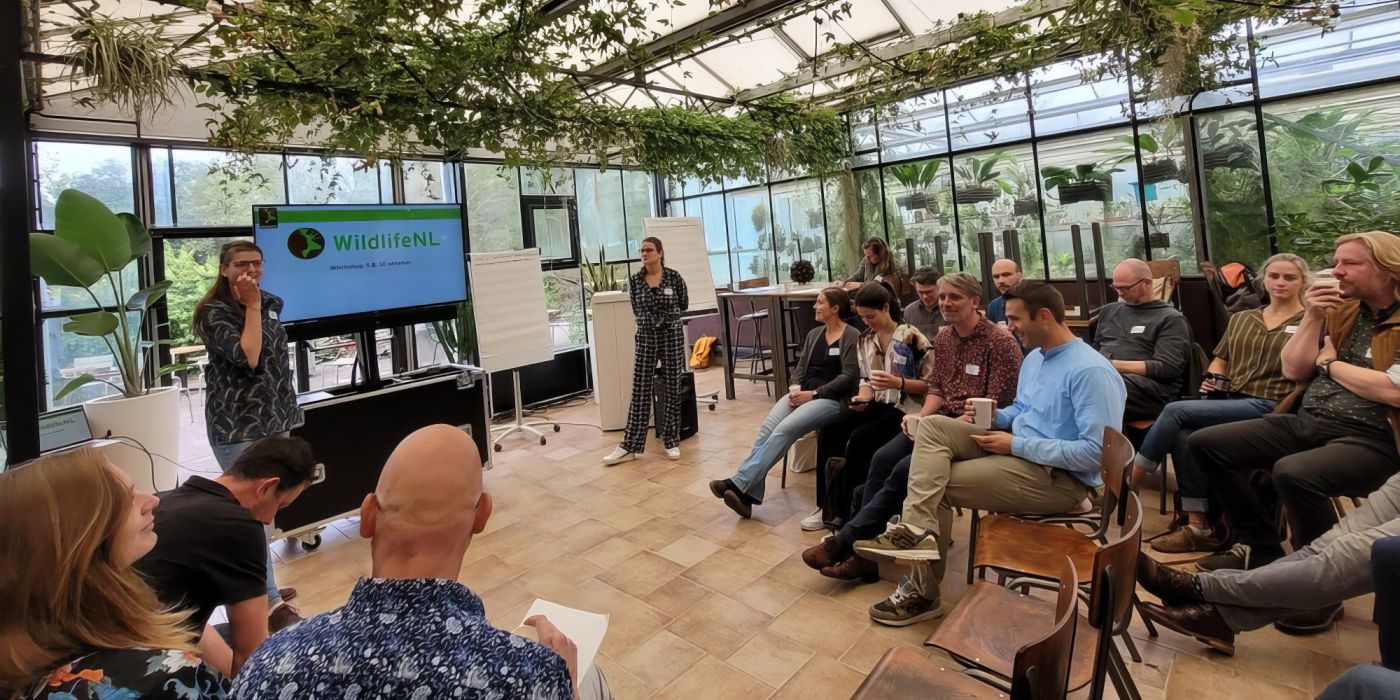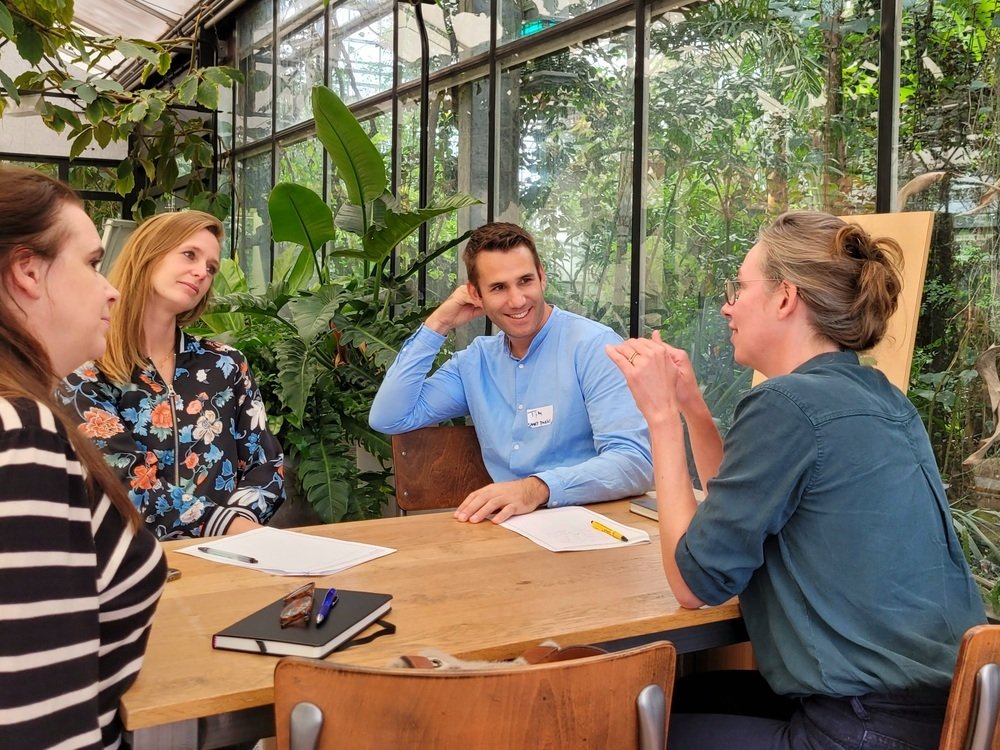Workshop: Mapping Our Current Management Of Wildlife And Large Grazers

On the 9th and 10th of October, Irma Arts, postdoc at wildlifeNL organized, in collaboration with the core team, a second workshop for work package 1, to increase our understanding of the current handling and management of wildlife and large grazers in the Netherlands. The workshop specifically aimed to:
- Identify and share the diversity of ideas, visions and opinions. And to identify where
possible tensions exist. - better understand the challenges and opportunities in our current dealings with wildlife/large herbivores.
To ensure that the widest possible diversity of perspectives could be discussed, external
stakeholders concerned with wildlife and large grazers management had been invited, in addition to the consortium partners.
The workshop started by asking all participants to share how they envisage the management of wildlife/large grazers in the future. Important themes that emerged were: creating better understanding of each other and the different interests; perceiving wildlife and humans as part of the same system; more space, respect and tolerance for wildlife; need for more knowledge on ecology and animal behaviour; managing animals in an integral and adaptive way; and the need for clear policies with trust in the implementers.
In the next session, experiences were shared from everyone’s own practice and an inventory was made of the various bottlenecks everyone faces. These bottlenecks were further explored on the second day. They included decentralisation and a compartmentalised policy, which results in the lack of an integrated approach and clear responsibilities. On the local level, participants saw good cooperation and goodwill, but there was also the feeling that direction from above is needed. There was also talk of a mismatch between policy and practice, with mistrust playing a role. Targets for management and areas were not always perceived as appropriate and were seen as too static. In addition, the gap with the public and polarisation also came up. How to communicate, where to find information and how to deal with social media? Finally, questions about data quality and (the lack of) knowledge about data interpretation was mentioned.
All these bottlenecks will be taken into account in the rest of the project and will help us to consider, together with the consortium, where there are opportunities for change, what knowledge is still missing to address this and whate the project focus should be. This will be elaborated in three workshops in 2024 and ultimately
inform the project’s research agenda.
 Photo: Participants work out assignments.
Photo: Participants work out assignments.
Following feedback from several participants on day 1, day 2 explored in more detail ethical aspects and underlying values that are important to the different partners in the project. What is perceived as really important in our handling and management of wildlife and large grazers? The project team had prepared a “soft shoe shuffle”. This is an activity that asks people to respond to a proposition, participants with different perspectives are asked to take a place in the room, relative to each other. Additional questions are asked and other perspectives are listened to. Participants are allowed to move as they feel their position changes through the conversation. Three propositions were discussed during the workshop and in these conversations it became clear that bridging themes could be found that brought people closer together, such as, the importance of looking at the whole system, the landscape. It was noted that during the conversation, the circle in which the participants stood became smaller and smaller. Even if different perspectives remained, the conversation did appear to bring us closer together.
At the end of the workshop, participants indicated that they really enjoyed having a space in which underlying values could be discussed. This openness to dialogue is also what the project aims to pursue and facilitate over the next eight years.
This blog was written by Irma Arts, postdoc WP1.
Photo above: Irma Arts, Postdoc Work Package 1 and Dr Ine Dorresteijn, associate professor of Sustainability Science (core team) opened the workshop day. location: Botanical Gardens, Utrecht.








